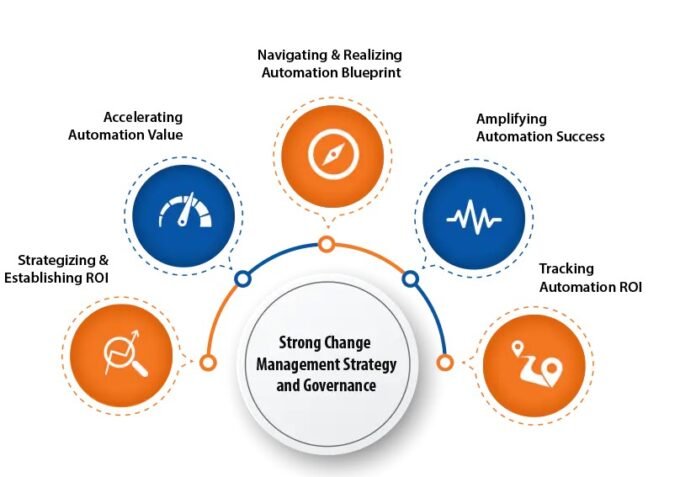The phrase ‘consumer is king’ has thrown businesses all around the world to procure and supply aggressively, to match the demands of the consumer. This intense and fast-paced working on a global level has made business more dynamic and complex. The complexities involved in sourcing and maintaining a large supplier base have increased. To simplify these complexities revolving around suppliers and supplier relationships, an effective supplier management system has to be incorporated into the working of the business.
Iconic brands ensure investing in innovation and supplier relationships to promote the growth of their business. The ways this management system works are as follows:
- Discovering Suppliers:
Looking for suppliers that fulfill the company’s requirements is the first step involved in the supply chain process. Due to globalization, the number of suppliers has grown considerably. Therefore, the task of finding the perfect supplier has become more difficult. Efficiency in sourcing suppliers gives a productivity boost to the company.
Earlier, companies used the supplier registry or external networks to meet their supplier needs. These methods are time-consuming and do not guarantee efficient results in today’s business. Using a supplier management system allows for advanced sourcing of suppliers and maintaining a centralized database.
- Ascertaining Supplier Qualification:
Unethical supplier practices ruin the goodwill that the business enjoys in the market. These incidents highlight the need to introduce preliminary scanning to ascertain the credibility of a supplier. Methods such as questionnaires can be used to find suppliers that fit in.
Apart from questionnaires and tests, the suppliers should be asked to submit various mandatory certificates, like, audit requirements, company registration, etc. This qualification stage is important to weed out the wrong suppliers and will save both time and money.
- Supplier Selection:
After determining the qualified suppliers, further shortlisting is necessary to ensure the profitability of the business. Choosing the right suppliers will provide you with services at a competitive cost and also helps in times of economic uncertainties.
On passing a company’s requirements, other parameters such as geographical location, employee strength and stature of the supplier- are important to consider
- Supplier Onboarding:
Inducting the selected suppliers in your business to familiarize them with the necessary information and behavior to become a part of the company’s supply chain. This makes the supplier aware of the expectations the company has of them.
The process of on-boarding has become easier and less time-consuming with the advent of technology.
- Supplier Performance and Management
A company should evaluate the performance of the suppliers regularly to ensure the targets of the company are achieved. The performance indicators of the suppliers can include on-time delivery, quality, innovation, etc. these indicators are factored in a supply management system to assess the performance of the suppliers.
After ascertaining the performance of the suppliers, necessary steps like training and development, promotions, etc can be taken.
Conclusion
A relationship with mutual benefit goes a long way in a business. Using an efficient supply management system can optimize the experience of handling your suppliers and establish a sense of trust. A strong supplier relationship helps the business to grow both quantitatively and qualitatively.








